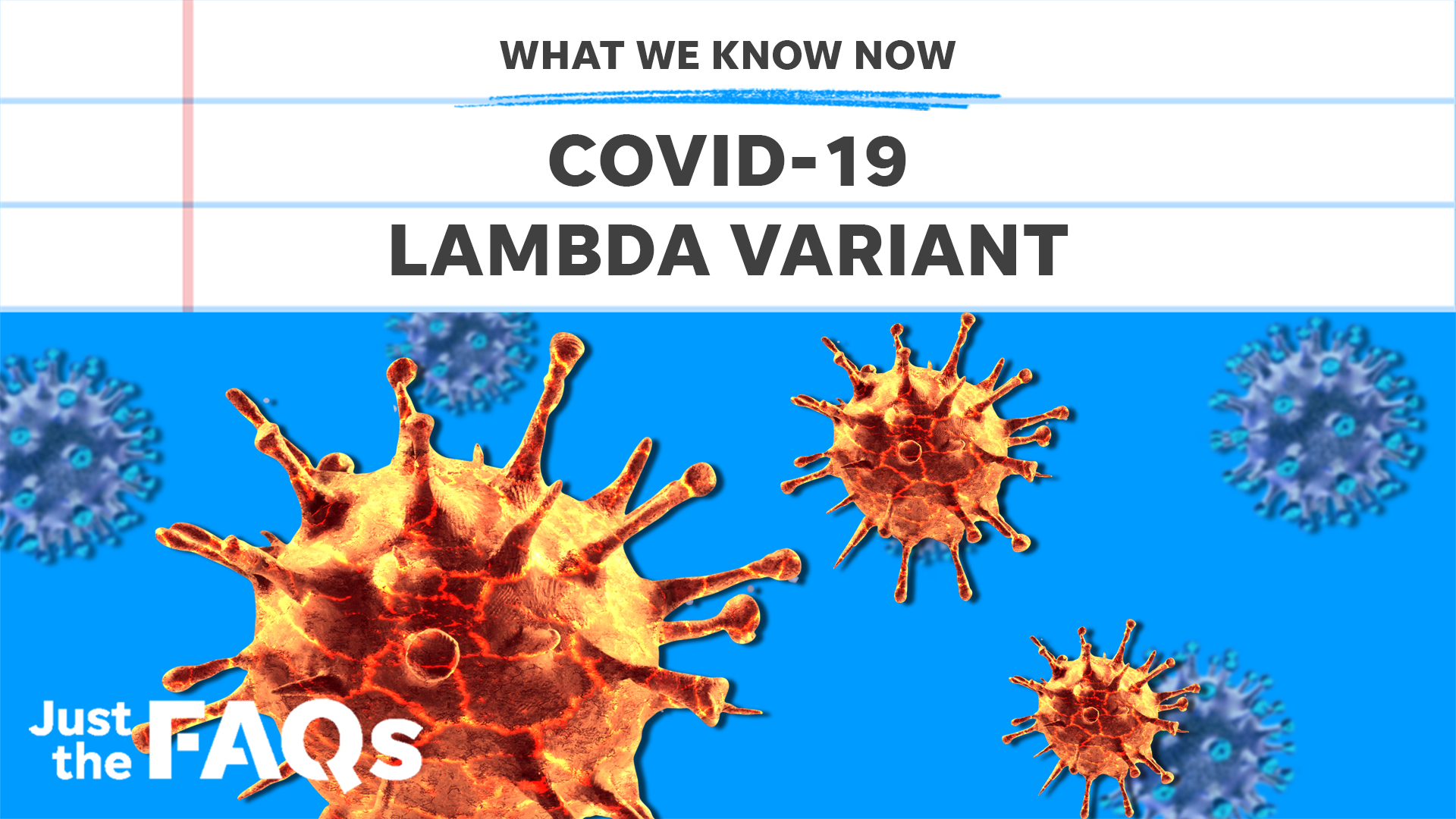The Lambda Variant of COVID-19 could very well be a step up from the current Delta Variant, suspected of causing a change in transmissibility or causing more severe disease.
However, it is still under investigation. Lab studies show it has mutations that resist vaccine-induced antibodies.
- The Lambda variant has attracted attention as a potential new threat in the development of the COVID-19 pandemic
- The Lambda variant of the coronavirus, first identified in Peru in December, maybe receding, but also has the chance of causing more severe disease if not stopped. Cases had been found in Texas and South Carolina, and in 81% of the cases found in Peru.
- The Lambda variant has mutations that resist vaccine.
Two mutations in the Lambda variant—T76I and L452Q—make it more infectious than the COVID variant that swept through the world in 2020
The conclusions of the study matched findings by a team in Chile that found the variant might also evade vaccine antibodies, Chile Infection Control reported.
This report has not yet been reviewed by peers.
A COVID-19 variant that proves to be resistant to vaccines keeps medical experts, public health officials, and health care professionals on the frontlines of the COVID-19 pandemic up at night.
What is the Lambda variant according to a study from Chile?
Background The newly described SARS-CoV-2 lineage C.37 was recently classified as a variant of interest by the WHO (Lambda variant) based on its high circulation rates in South American countries and the presence of critical mutations in the spike protein. The impact of such mutations in infectivity and immune escape from neutralizing antibodies is entirely unknown.
Methods We performed a pseudotyped virus neutralization assay and determined the impact of the Lambda variant on infectivity and immune escape using plasma samples from healthcare workers (HCW) from two centers in Santiago, Chile who received the two-doses scheme of the inactivated virus vaccine CoronaVac.
Results:
We observed increased infectivity mediated by the Lambda spike protein that was even higher than that of the D614G (lineage B) or the Alpha and Gamma variants. Compared to the Wild type (lineage A), neutralization was decreased by 3.05-fold for the Lambda variant while it was 2.33-fold for the Gamma variant and 2.03-fold for the Alpha variant.
Conclusions Our results indicate that mutations present in the spike protein of the Lambda variant of interest confer increased infectivity and immune escape from neutralizing antibodies elicited by CoronaVac. These data reinforce the idea that massive vaccination campaigns in countries with high SARS-CoV-2 circulation must be accompanied by strict genomic surveillance allowing the identification of new isolates carrying spike mutations and immunology studies aimed to determine the impact of these mutations in immune escape and vaccines breakthrough.
The emergence of SARS-CoV-2 variants of concern and variants of interest has been a hallmark of the COVID-19 pandemic during 2021.
The newly assigned SARS-CoV-2 lineage C.37 was recently classified as a variant of interest by the WHO on June 14th and denominated as the Lambda variant. The presence of this new variant has been reported in more than 20 countries as per June 2021 with most of the available sequences coming from South American countries, particularly from Chile, Peru, Ecuador and Argentina5. This new variant of interest is characterized by the presence of a convergent deletion in the ORF1a gene (Δ3675-3677) already described in the Beta and Gamma variants of concern and mutations Δ246-252, G75V, T76I, L452Q, F490S, T859N in the spike protein6. The impact of these spike mutations on infectivity and escape to neutralizing antibodies are completely unknown.
Chile is currently undergoing a massive vaccination program. According to public data from the Chilean Ministry of Health as per June 27th 2021, 65.6% of the target population (18 years old and older) have received a complete vaccination scheme7. The vast majority (78.2%) of the fully vaccinated population have received the two doses scheme of the inactivated virus vaccine CoronaVac, which has been previously reported to elicit neutralizing antibodies but at lower titers when compared to plasma or sera from convalescent individuals.
Here, we used our previously described pseudotyped virus neutralization assay12 to determine the impact of the Lambda variant on the neutralizing antibodies responses elicited by the inactivated virus vaccine CoronaVac. Our data show that mutations present in the spike protein of the Lambda variant confer increased infectivity and escape to neutralizing antibodies elicited by the inactivated virus vaccine CoronaVac.
Methods
Health care workers from two sites in Santiago, Chile were invited to participate. Volunteers received the two-doses scheme of CoronaVac, each dose being administered 28 days apart according to the Chilean vaccination program. Plasma samples were collected between May and June 2021. All participants signed informed consent before any study procedure was undertaken
